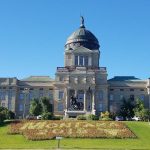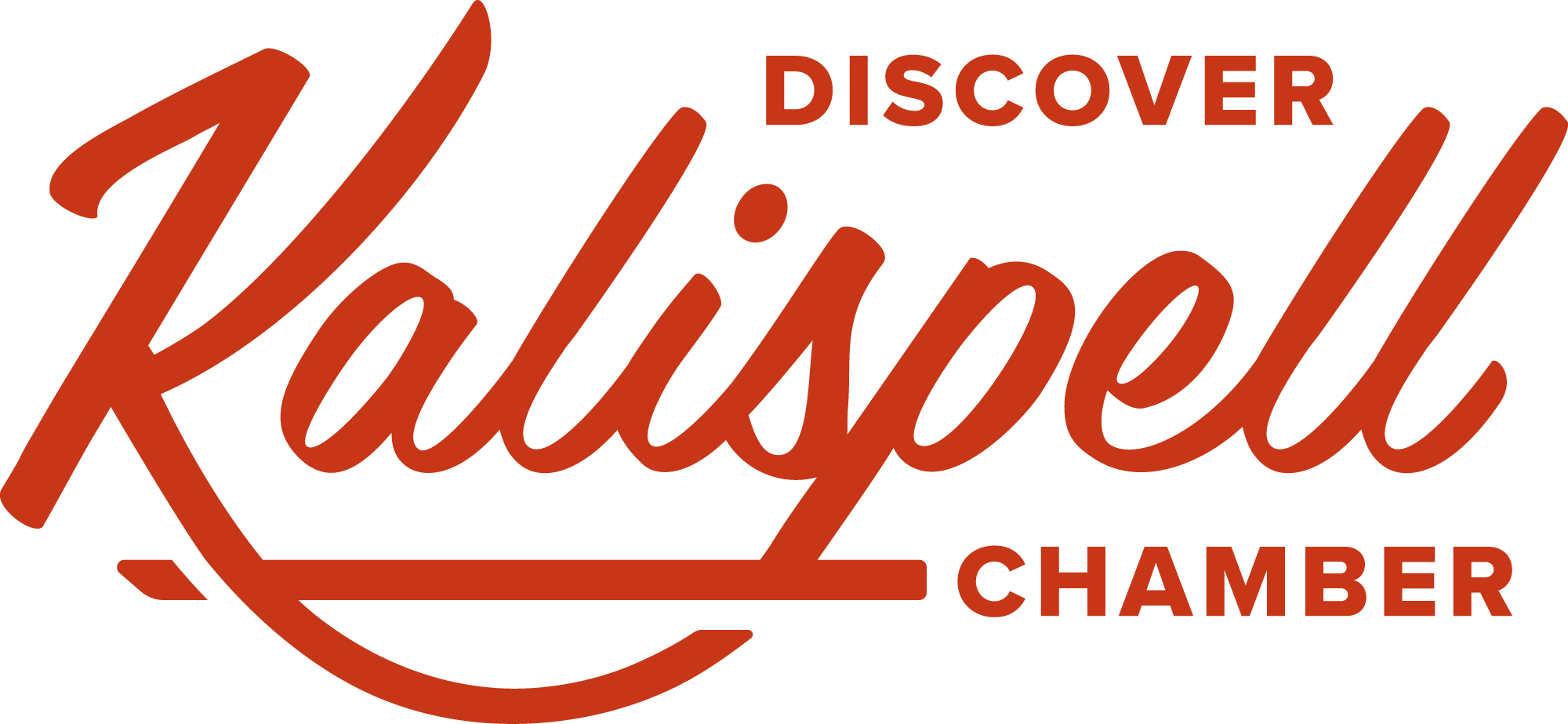Recap of the tax relief (property and incomes rebates, biz equipment, debt free in ’23 + highway funding bills) that passed out of the House Appropriations Committee.

The bills were “tied” together in the sense that if any of the bills failed to pass the Legislature, the price tag for the remaining bills will be slashed in half….
Helena IR: GOP proposal to spend $1B advances in Legislature
A package of interwoven spending and tax bills reflecting fiscal priorities of both the centrist and right wings of Montana’s Republican lawmakers — and little to nothing from the Democrats — has advanced from a major budget committee, with a current price tag of $1 billion.
The legislation would lop off a large chunk of the state’s $2.4 billion surplus to fund a mix of income and property tax rebates, while also cutting taxes on capital gains and business equipment. It also includes proposals to pay down the state’s outstanding debt and create a fund for matching federal highway money.
Before voting them out of committee on Friday, Republicans on the House Appropriations Committee attached a series of amendments to a half-dozen bills to ensure their fates are tied together. For the most part, the coordinating language added to each bill states that if any part of the package fails to make it into law, the other ones will have their price tags cut in half.
House Bill 192
The largest piece of the package would spend $480 million to cut checks of up to $1,250 to Montana residents who paid income taxes in 2020 and 2021. Total tax liability for those two years combined would be eligible, but not beyond that cap.
It’s the only of the six bills that wasn’t part of Republican Gov. Greg Gianforte’s spending plan for the historic stimulus money. Rep. Bill Mercer, R-Billings, and many Republican lawmakers backing his bill — including GOP leadership in both chambers — had argued they wanted more of the stimulus to go toward income tax rebates than Gianforte had identified.
Republicans on the committee were mostly unified on a lengthy series of votes that stripped provisions for property-tax rebates and state debt payments from Mercer’s bill. They also cut the appropriation down to reflect an estimate of how much the income tax rebate program would cost.
Democrats on the committee protested the speed at which the proposals were moving and being cemented into a large spending package that seems to be gaining momentum. Given the range of other priorities the Legislature has identified, they argued that spending proposals should all get an opportunity to be heard before setting an amount to send straight to the taxpayers.
Despite voting with his party to move the legislation forward, Rep. John Fitzpatrick, R-Anaconda, aired similar concerns.
“What I’m afraid might happen is we get to end of the session and find that we may have a big, unmet need and all of a sudden we’re scrambling for cash,” Fitzpatrick said.
Mercer noted that both parties had been discussing possible ways to spend the surplus for the better part of a year, after projections began showing the state was on course for historically high revenues driven by federal stimulus spending since the pandemic struck the United States.
“I think what we know at this point is that there are a lot of constituents that we have, that have been affected by inflation,” Mercer said. “We can all agree on that. I think a lot of us will say that they overpaid, based on what the state’s needs were, and we need to give a significant portion of that back.”
Rep. Mary Caferro, D-Helena, has repeatedly objected to that framing. She noted that thousands of residents give full-time care to family members, meaning their efforts won’t show up on the tax rolls.
“What I will argue is the state does have needs that are unmet, and my concern is we get out of this session and they will still be unmet,” Caferro said. “… And some of them don’t pay taxes or no longer pay taxes, and they won’t see a benefit from this.”
House Bill 222
After getting a substantial trim from the House Tax Committee earlier in the month, Gianforte’s proposal for property tax rebates also advanced from the Appropriations Committee on Friday.
It now provides for sending a pair of checks — one in 2023 and another in 2024 — to property owners who paid taxes the previous tax year. They would be capped at $500 per payment. The fiscal note from the governor’s budget office estimates that 292,000 taxpayers would be eligible for the payments and the program would cost about $284 million.
Democrats have repeatedly resisted the GOP’s property-tax rebates, arguing they are only structured to benefit property owners.
“Not everybody owns a property, and it’s not fair to those who rent their properties to be left out of this,” Rep. Emma Kerr-Carpenter, D-Billings, said.
She attempted to amend the bill with language that would have provided the refunds to renters based on a “rent-equivalent tax paid” equal to 15% of their gross rent. Those payments would also be capped at $500 per year. The amendment failed on a party-line vote.
The language, Kerr-Carpenter, noted, was pulled from a bill brought by Rep. Jonathan Karlen, D-Missoula. The committee later voted on mainly party lines to table Karlen’s proposal, 15-8.
House Bill 267
The only bill to get unanimous backing from the committee was the governor’s proposal to move $100 million into a dedicated fund that would provide the state with matching funds needed to win federal highway grants.
Rep. Courtenay Sprunger, R-Kalispell, told the committee last week that the fund would stave off the need for the state to increase the gas tax to pay for infrastructure, while helping to address some of the maintenance backlog that continues to grow across the state.
Under the proposal, $15 million would be available each year for the Department of Transportation to use for grants that require a state match — particularly those available under the Infrastructure Investment and Jobs Act signed into law by President Joe Biden in 2021.
With the relatively low matching ratios required for the federal funds, department administrator Larry Flynn told the committee that the $100 million could be used to leverage up to $750 million in federal grants.
House Bill 251
Another proposal from the governor’s budget would create a $125 million account to pay down the state’s general obligation bonds and other liabilities. It would also drop $18 million into an account to pay for a statewide public safety communication system.
Democrats on the committee opposed this proposal, again requesting to first decide how to balance other needs before committing funding to the bill.
Ongoing revenue
Those four bills, currently weighing in at slightly over $1 billion, account for the pieces of the legislative package that pull money out of the state’s surplus, or one-time-only funds. Identical language inserted by the committee halves the amounts in each bill if anything within the entire six-bill package fails to make it into law.
But tied it with those are also two bills that affect future revenues by cutting taxes on capital gains and business equipment in the state.
House Bill 212 would build on legislation last year that hike the exemption on Montana’s business equipment tax, which had long been in the cross-hairs of Republican lawmakers as a barrier to attracting new businesses into the state. After raising exemption from $100,000 to $300,000 in 2021, Republicans are now proposing a further increase, meaning businesses wouldn’t pay taxes on that first $1 million spent on equipment.
The tax is paid to local governments, and the bill would put the state on the hook for reimbursing those entities for the lost revenue. The measure is projected to cost the state about $9 million a year in lost tax revenue.
In a hearing last week, the bill’s sponsor, Rep. Josh Kassmier, R-Fort Benton, said doing so would mean another 5,000 businesses in Montana would be exempt from the business equipment tax. It was backed by business groups and industry associations including chambers of commerce and organizations representing farmers, dentists, petroleum, coal mining and trucking companies.
Democrats on the committee, along with the Montana Budget and Policy Center, questioned whether giving further tax breaks to businesses was a good idea with a possible recession on the horizon.
“While the state sits on a health surplus today, there is economic uncertainty on the horizon, and chipping away at our ongoing tax base will chip away at our ability to make healthy investments,” the center’s research director Rose Bender said last week.
Republicans have argued that lowering taxes on businesses makes the state more attractive to new companies looking to invest and in turn, would bring more income into the state.
Rep. Llew Jones, a Conrad Republican who chairs the committee, referred to his personal business experience, selling heavy equipment to farm and ranch operators in the state.
“I can tell you, they’re well aware of the tax,” Jones said “They bring the tax up often and they do base even the timing of what they do (on it), because a 3% tax on a big number is a big number.”
The bill passed 15-8, with all Democrats opposing it and all but one Republican voting in favor.
The final bill in the bundle, House Bill 221, would lower the state’s capital gains tax. Changes to the way Montana taxes the profits made from selling real estate, stocks and other assets are already set to take effect in 2024.
Caferro argued that the bill’s benefits would accrue largely to the richest Montanans, who tend to get more of their income from investments than lower-income residents.
Republicans on the committee noted that capital gains taxes would decrease across the income scale, and again argued that doing so would help attract businesses and high-income earners.

